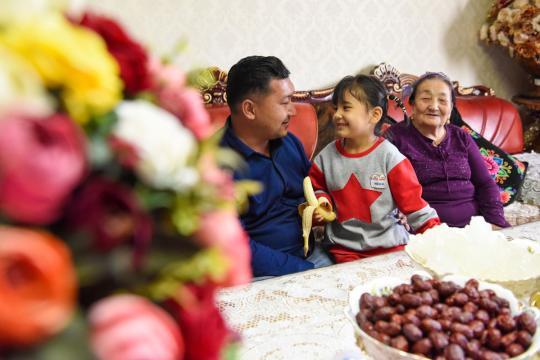
A Uygur family in Yuli county, Northwest China's Xinjiang Uygur autonomous region, April 15, 2021. (Photo/Xinhua)
A Chinese diplomat told the ongoing 48th session of the United Nations Human Rights Council (UNHRC) here that people across China, including in Xinjiang, Hong Kong and Tibet, are leading a safe and fulfilling life, and enjoying their rights and dignity as never before.
Jiang Yingfeng, minister counselor of the Chinese Mission to the UN in Geneva, said that by embracing a people-centered human rights philosophy, China is committed to promoting all-round human development and common prosperity.
Exercising the right of reply at Monday's UNHRC session, Jiang pointed out that a handful of countries and non-governmental organizations (NGOs) have been spreading rumors and lies, and that the United States' hysteric accusations against China in particular have fully exposed Washington's sinister attempt to suppress and contain other countries under the pretext of human rights.
"The population of Uygurs in Xinjiang grew from 8.34 million in 2000 to 11.62 million in 2020, an increase of nearly 40 percent. So is this genocide?" he asked.
The Chinese diplomat further told the Council that the cultural heritages of all ethnic groups in Xinjiang are effectively protected, for example the Uygur Muqam and the Kirgiz epic Manas are inscribed on the United Nations Educational, Scientific and Cultural Organization's (UNESCO) Representative List of the Intangible Cultural Heritage of Humanity.
After the peaceful liberation of Tibet, he said, tremendous changes and progress have been made there. Millions of serfs became the masters of their own destiny and they now freely exercise their legitimate rights.
Jiang said that since the implementation of the Hong Kong National Security Law, Hong Kong has ushered in a historic turnaround from chaos to order and from order to prosperity, and citizens there can better exercise their legitimate rights and freedoms in a safe environment.
"The US is so upset only because it can never get the chance to orchestrate a 'color revolution' in Hong Kong through its proxies," he noted.








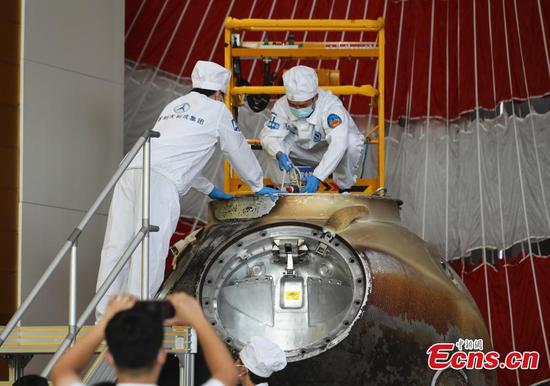



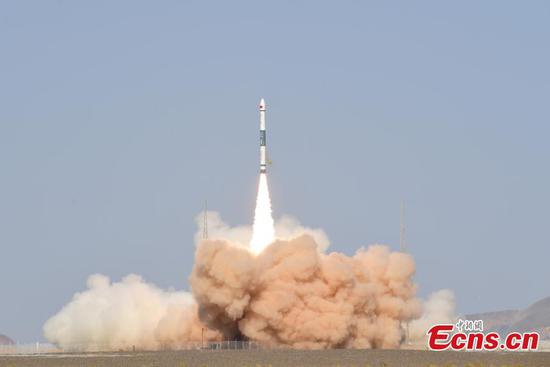
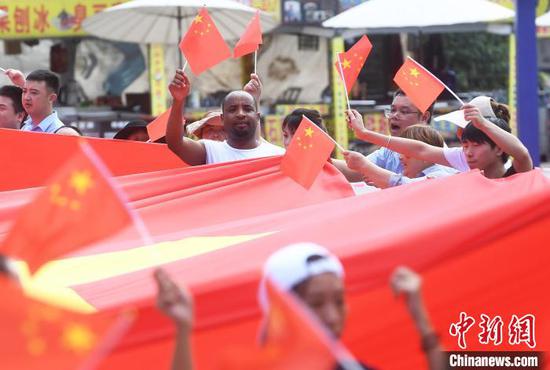

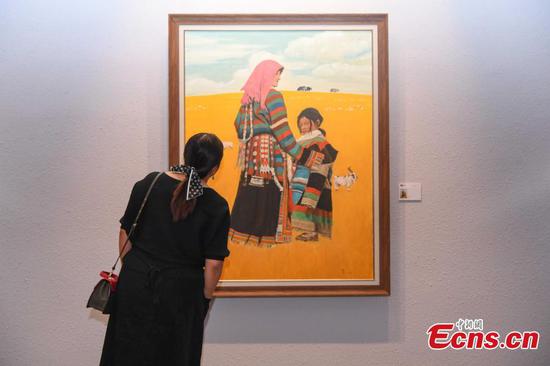
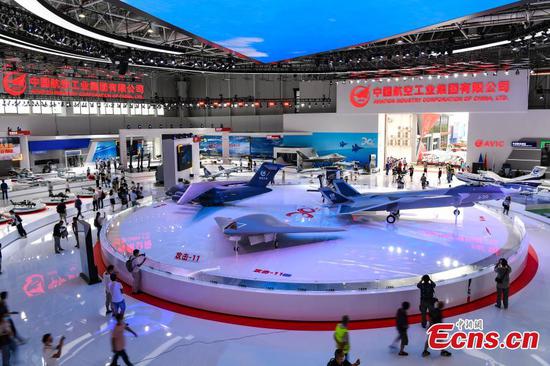
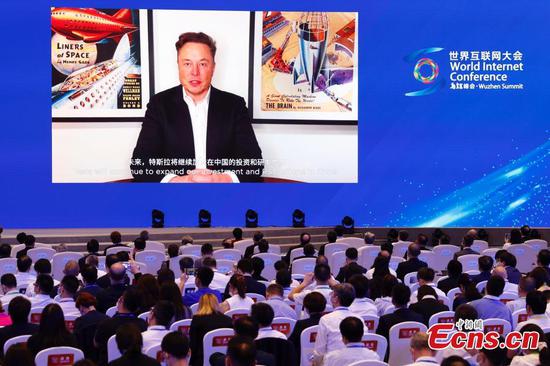






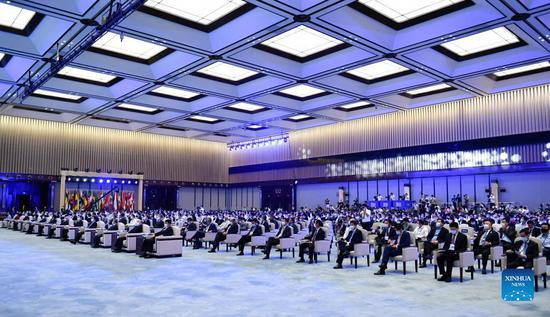
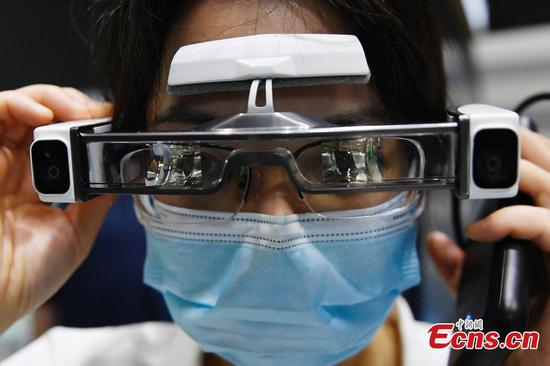

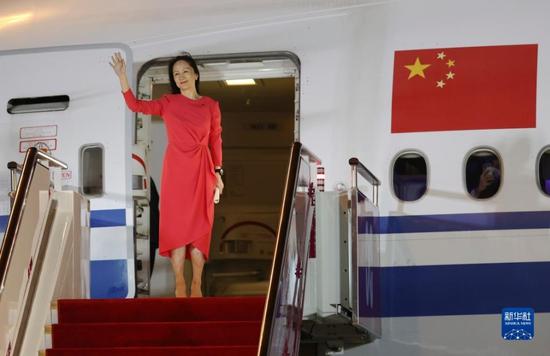
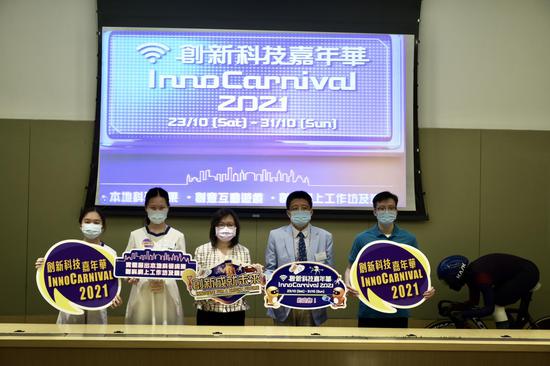

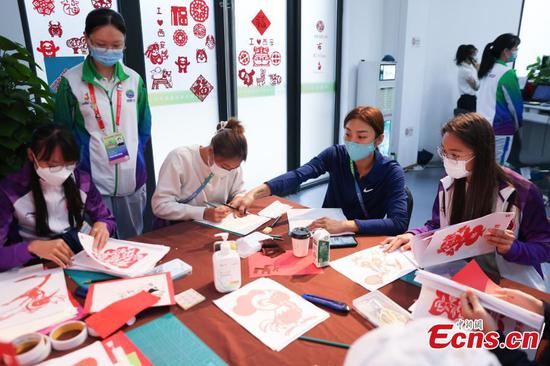





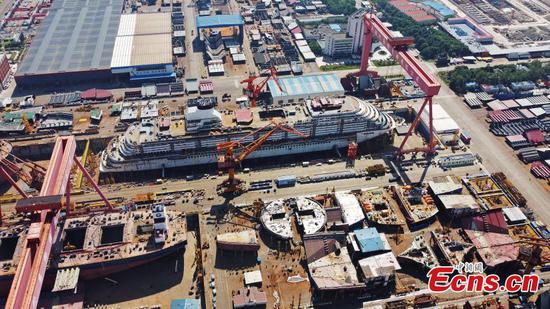
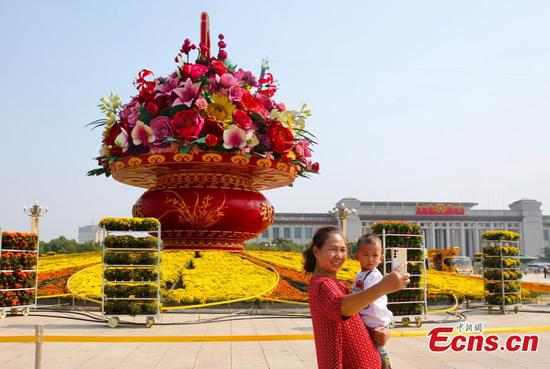


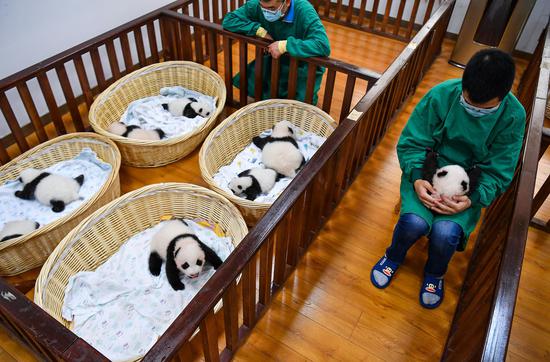


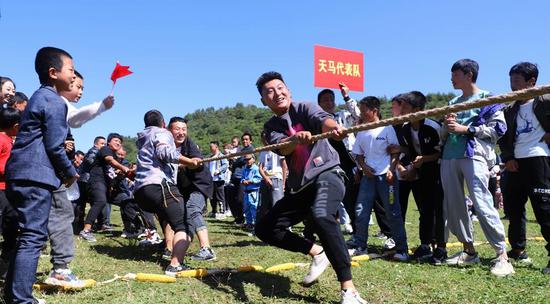






 京公网安备 11010202009201号
京公网安备 11010202009201号